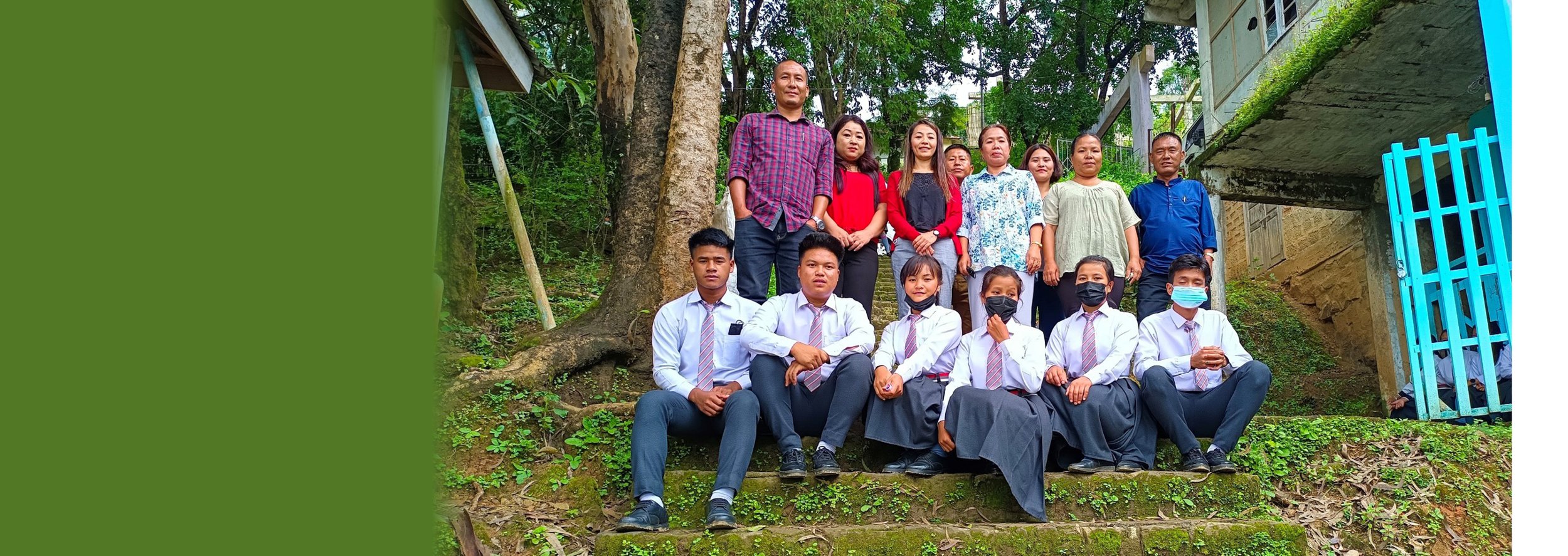
Post-high school programme
Bridging the education gap
Prospect Burma provides access to Grade 11-12 learning which is otherwise unavailable to marginalised groups in conflict zones or affected by persecution.
Our projects are delivered through trusted local partners in hard-to-reach communities. Learning takes place either online or in safe locations.
Because the situation in Myanmar is volatile, our projects are agile. Our local partners help us identify local communities’ needs, so we can shift and target the right response in the right places, at the right time.
Why it matters
There is very little hope of any young person in Myanmar bridging the gap between school and an internationally recognised university.
The reasons are multiple. Since the 2021 coup, schools are being bombed. Millions of people are displaced. The few remaining pupils in state schools are only taught to recite what they are told, and not to question.
So there are huge barriers to them even being able to apply to university. They will never become the doctors, engineers, project managers and other skilled people the country will need in order to rebuild itself…unless they receive support from an organisation such as Prospect Burma.
In 2023-23, Prospect Burma supported 126 young people across five post-high school projects.
Through our local partners, we provided 305 classes and workshops, along with IT devices, batteries and data packages for remote access.
We also provided 36,000 meals and 12,000 nights’ accommodation so that young people could study in safety.
What do students learn?
Our projects provide learning in:
Critical thinking: The ability to observe, analyse, innovate, negotiate, problem-solve and collaborate. This is very different to Myanmar state education which teaches simply by memorisation.
English Language: This is essential for young people to progress to an international university or become senior workplace managers.
Digital literacy: In Myanmar, many people think Facebook is the internet. Our partners teach laptop skills, research, using different platforms and programmes, and how to apply critical thinking when online.
Inter-ethnic understanding: Young people have often never met anyone of a different ethnicity, religion, sexual orientation or different outlook on life. This lack of knowledge can fuel stereotypes and ethnic tensions. We help young people to understand each other, and to develop values of fairness and inclusivity as they embark on their careers.
Practical workshops: Including speaking English, social sciences, and career planning.
Find out more about one of our projects, which took place in the Indian state of Mizoram, not far from the border with Chin State in Myanmar:
“Both workshops and activities are very helpful. I wanted to go study aboard, but had no idea how to plan or progress. Now I can understand a lot of info on how to plan for my study abroad. I received a lot of skills as well.”
-Prospect Burma student


